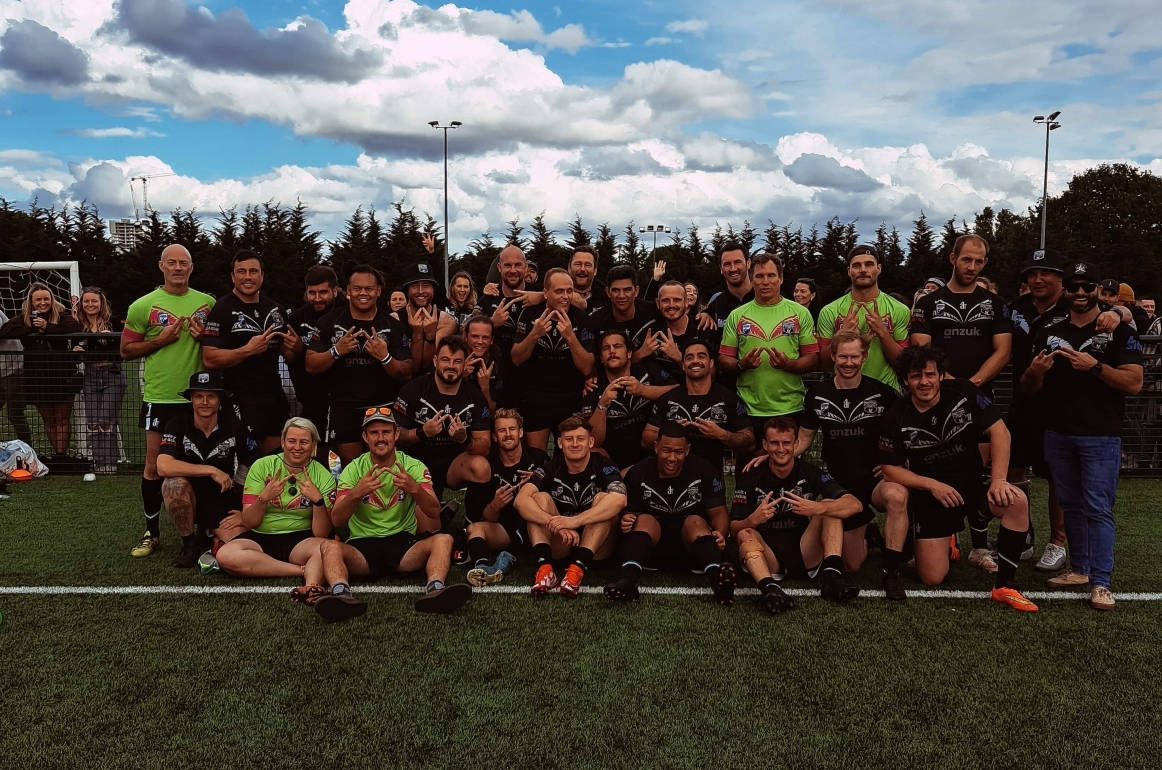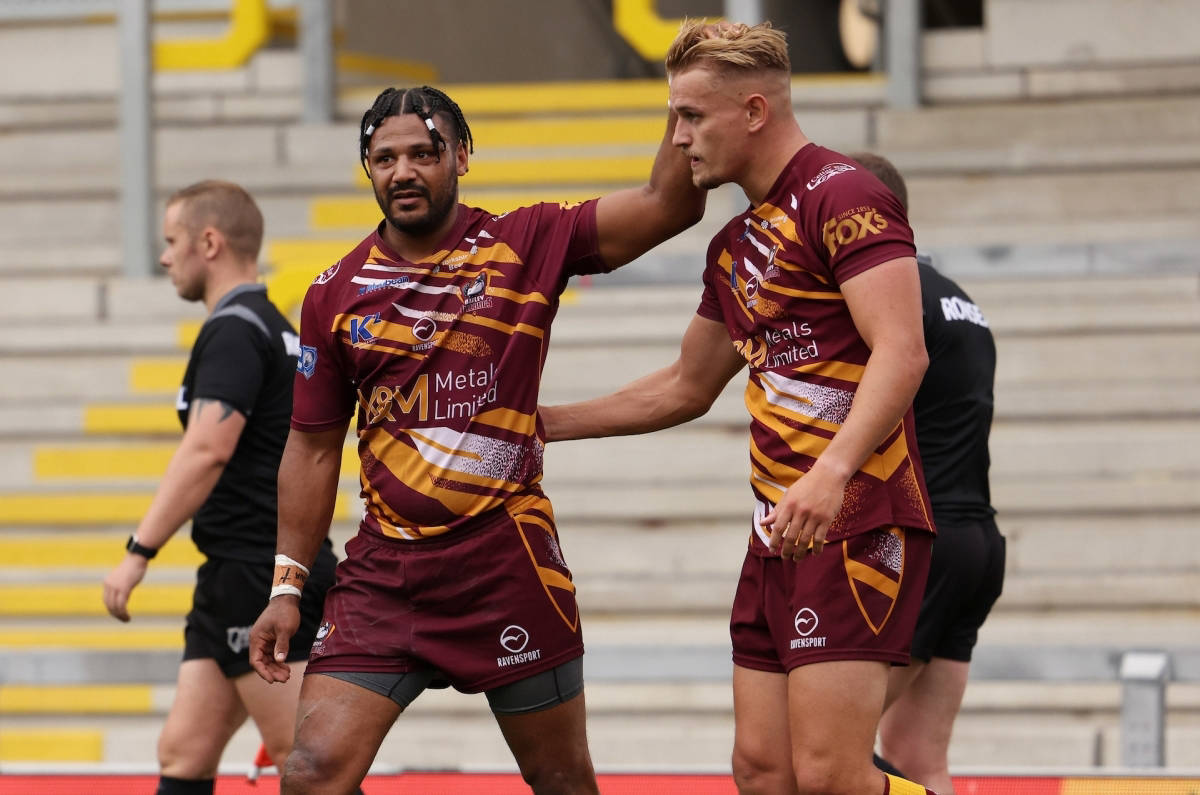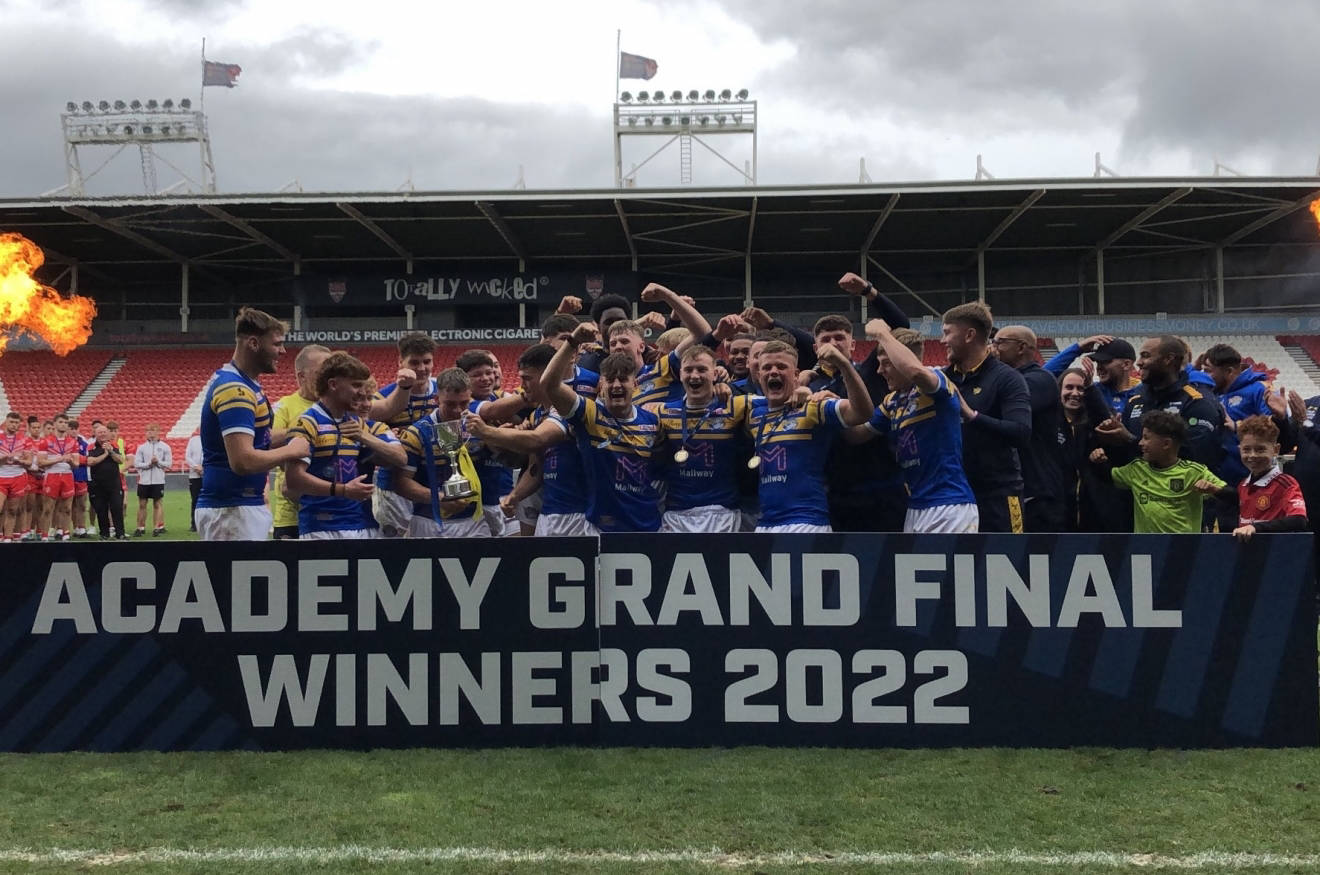11 Oct 2021
England Wheelchair Rugby League undertake Performance Testing at Leeds Beckett University

The England Wheelchair Rugby League squad commenced performance testing at Leeds Beckett University’s state of the art Carnegie School of Sport on 9 October as part of their preparations for the 2021 World Cup - which has now been postponed until the autumn of 2022.
The players were put through their paces by university and Rugby Football League (RFL) experts with tests including body fat and muscle mass scans, biomechanics assessments, fitness tests, blood tests, cardiac screening, concussion tests and psychological profiling.
Pete Mackreth, Dean of the Carnegie School of Sport said: "We are proud to welcome England Wheelchair Rugby League. It was a privilege to see our staff working with RFL colleagues to support their preparation for the World Cup next year.
"The university has a strong relationship with the sport and this is strengthened by the involvement of staff and students in the preparation of England’s elite teams. These solid links with elite sport further enhances our teaching and research."
The Carnegie School of Sport Building boasts a wealth of outstanding facilities including dedicated research laboratories, a hypoxic laboratory, a health and wellbeing studio, a covered rooftop 60m sprint track, enhanced strength and conditioning spaces, and changing and recovery facilities.
England Wheelchair Rugby League Team Manager, Martin Coyd OBE said: “We constantly strive to improve and raise the bar in everything that we do. We’ve been operating out of good quality sports facilities but the Carnegie School of Sport really is state of the art.
“One of the phrases we use all the time is - does it make the chair go faster? The answer to these questions from the Leeds Beckett staff in the performance unit is yes, this will make the chair go faster. It also makes us smarter and helps us think a bit quicker, it’s not just about speed, it’s about everything that we do.
“We’re going to test them four times starting now and in 12 months we will be testing them for the World Cup and they should be able to see an improvement. It will be explained to them what it means and what they need to do to improve and that’s what we’re all about.
“We wouldn’t be here at Leeds Beckett if the World Cup had gone ahead as planned and we’re now in a place where we can take advantage of this and be even better at what we do 12 months later.â€
The facility at Leeds Beckett University’s Headingley Campus is a base for the Carnegie School of Sport’s undergraduate, postgraduate and research programmes and provides a hub for the elite athletes who use the university’s sports performance expertise.
Professor Ben Jones, Carnegie School of Sport said: “It’s the first time we’ve been able to put this group of athletes through testing like this. We pulled a big research team together with different areas of expertise to lead each of the sections. It will give us some really important information both in the short term to support the training of the athletes, in the medium term for the World Cup and in the longer term for the sport.
“The athletes train remotely a lot and will come together between 10-15 times a year for training camps but ultimately they are responsible for their own training, so this data that we have now helps devise training programmes.
“The Carnegie School of Sport has a range of expertise and this is the type of project which can bring everyone together. It’s been a great opportunity to access everyone’s expertise.â€
James Simpson, England player: “It’s the first time I’ve seen the Carnegie School of Sport. Getting the chance to come and use it and do all these ground-breaking tests which we’ve never done before is massive and being from Leeds it’s awesome to do it here as well.
"The staff have been brilliant. We’re a disabled team with a lot of disabled athletes with different needs and they have been really good at adapting each specific thing to what we need as well.
"It will massively benefit our preparation for the World Cup next year. It’s never been done before and I don’t know if any other country is doing this so it gives us that edge that we need even if it’s just one or two per cent of an edge it will definitely come in handy.â€
Lewis King, England player: "It's very scientific with all the tests and scans. I think to be put in the same bracket as a professional athlete and have all these tests done we get to see our progress in an actual way rather than just on the field and in training. It will be interesting to see what difference it will make.
“I’m very confident that if we keep performing how we’re doing now and with all this support and backing from the RFL and the Rugby League World Cup to be our absolute best and at our peak performance we have a very good chance of winning the World Cup."




